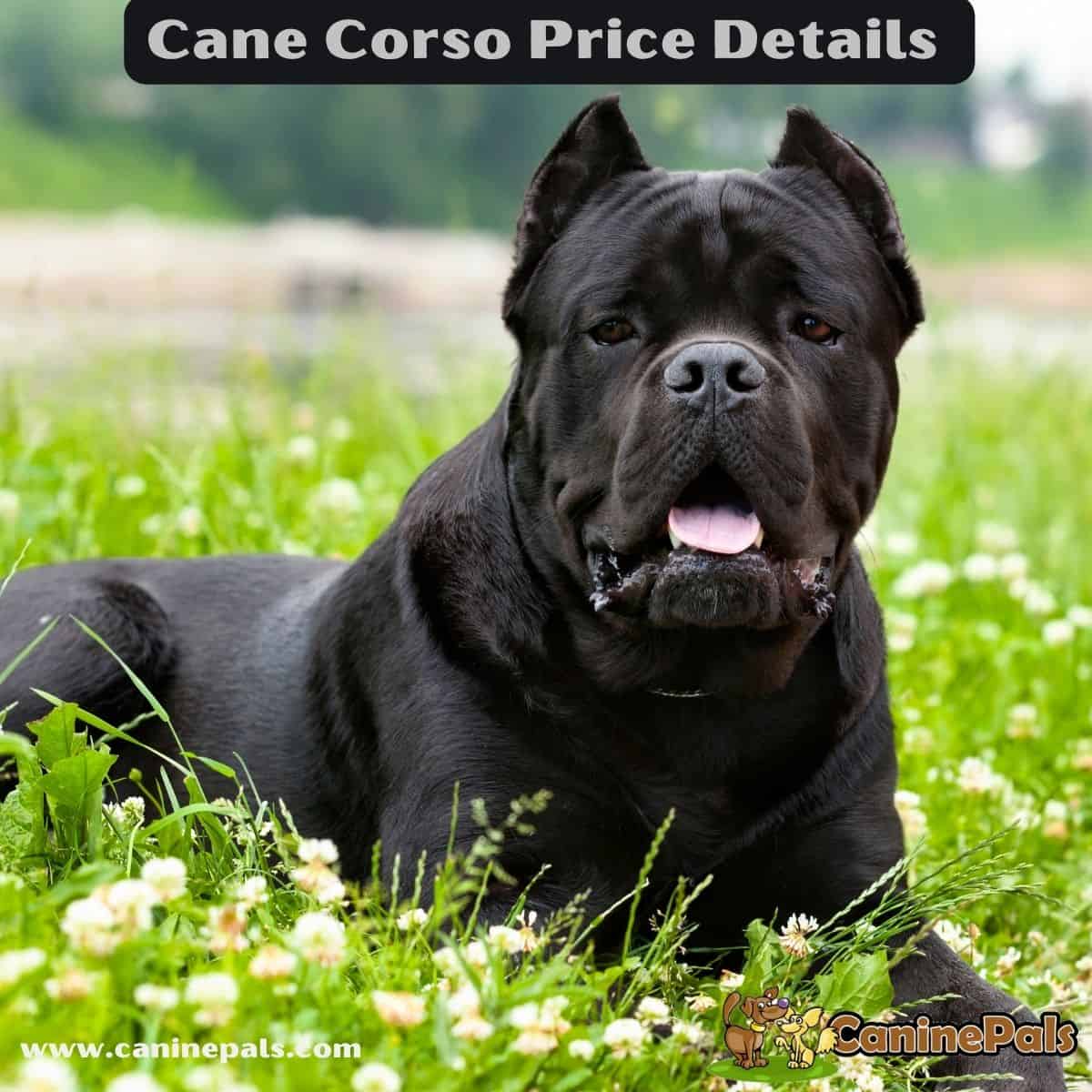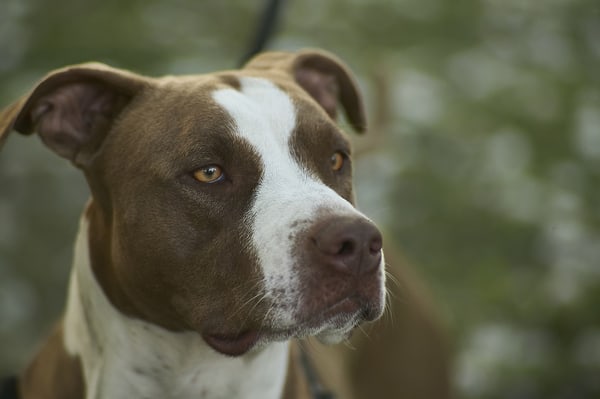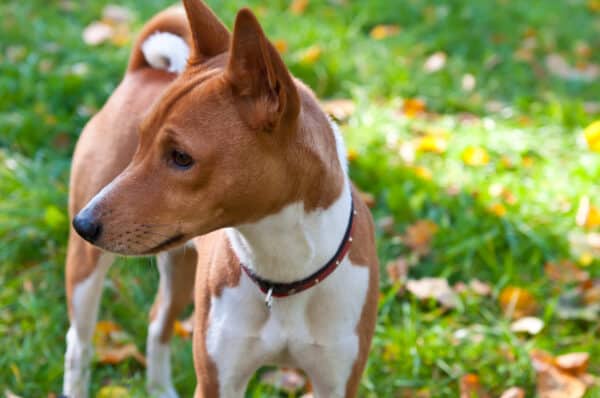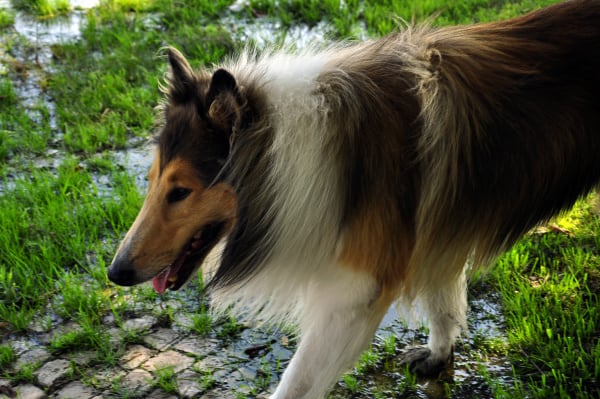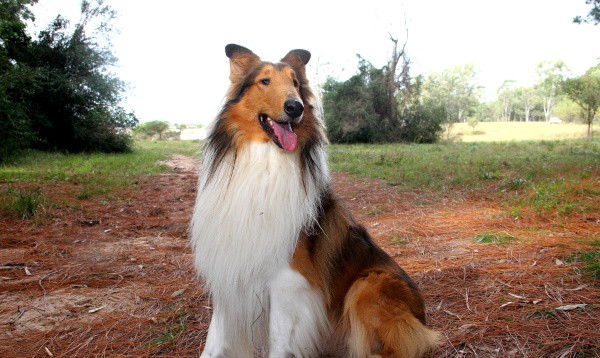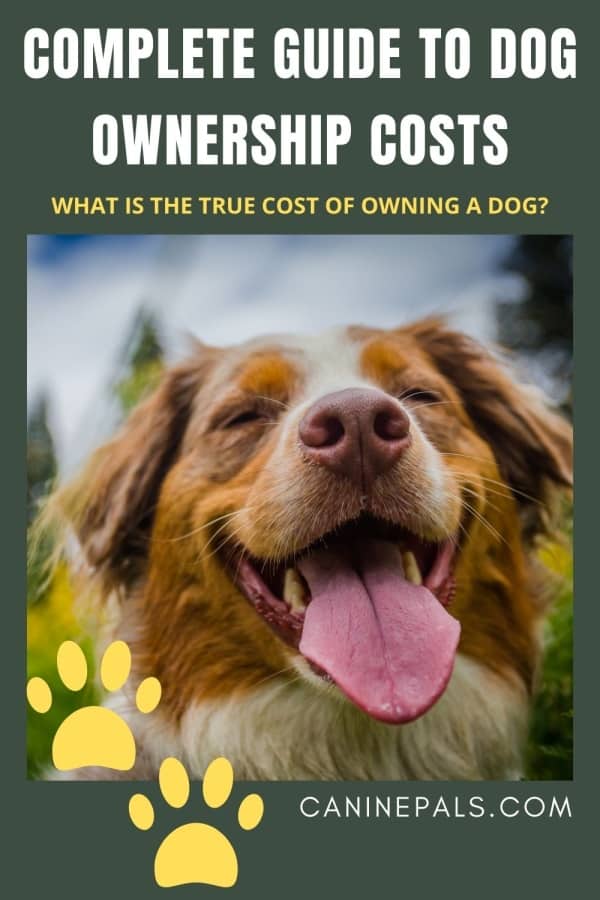Cane Corsos are beautiful animals, but have you ever wondered how much it would cost to own one?
In this guide, we take you through everything you need to know about the cost of owning a Cane Corso in the first year and over your dog’s lifetime. We even explore additional expenses to expect when adopting a new Cane Corso, making budgeting for your dog easy.
How Much is Cane Corso Puppy Price: One-time Costs?
Planning to bring any new dog into your home is an expensive proposition, especially if you’re starting from scratch in terms of dog gear. Cane Corsos are no different, but unlike many other pets, your costs might not go down too much after your initial expenses. On average, you can expect to spend between $1,000 and $2,500 on your purebred Cane Corso puppy.
Reputable breeders tend to be on the upper end of the price spectrum. Some Corsos from champion bloodlines can cost you $4,000 or even more!
Cane Corsos can be expensive to purchase and since they will grow quickly from the time they’re puppies until they’re fully mature, many of the things you buy in the first place will soon need to be replaced.
Cane Corsos are beautiful dogs, but make no mistake, they’re expensive dogs too. Corsos also require a lot from their dog owner regarding everyday needs.
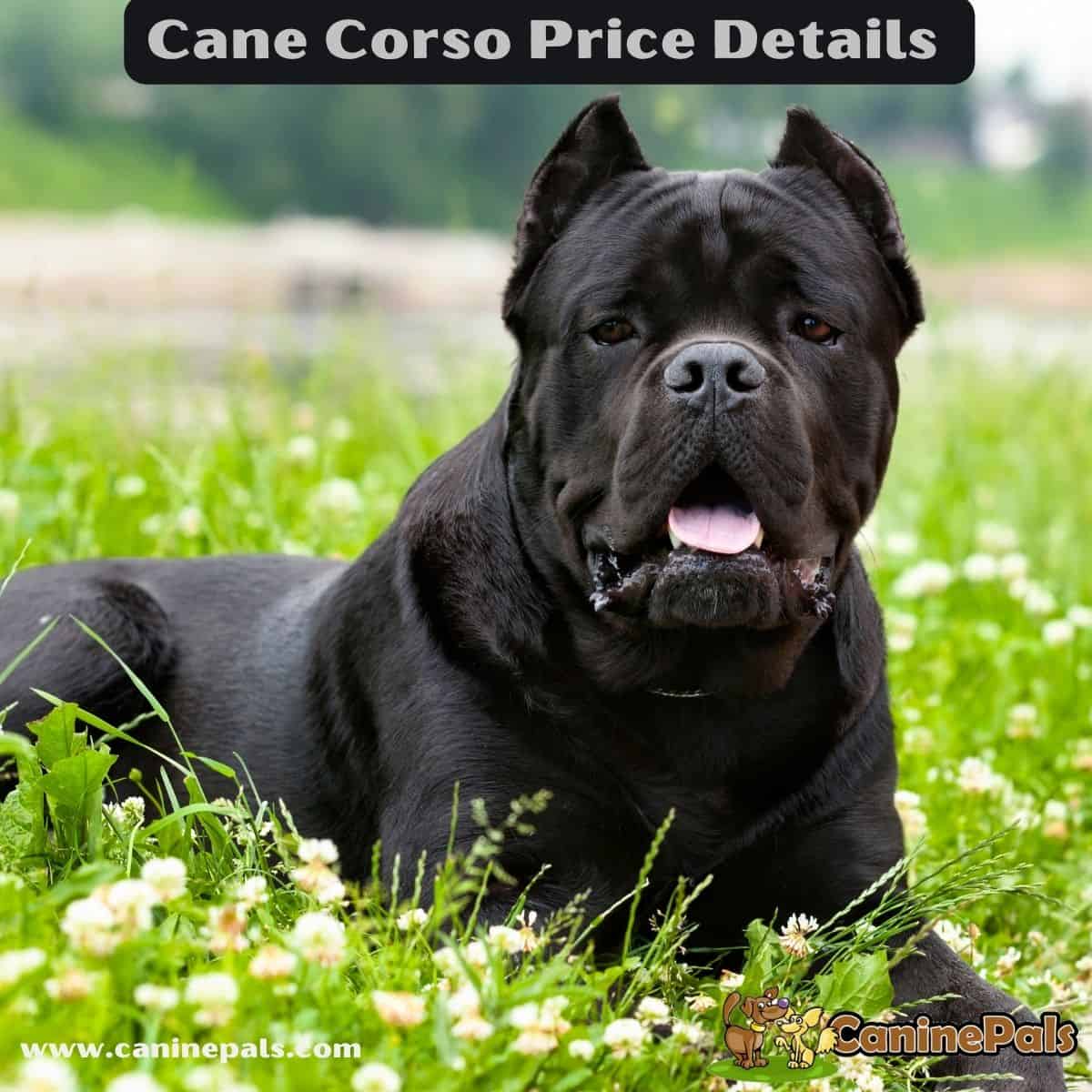
Cane Corso Price Summary
- Cane Corso ownership can be expensive, with initial costs ranging from $1,000 to $2,500 for a purebred puppy.
- Factors that influence the Cane Corso price include the age of the dog, bloodline quality and reputation of the breeder, health screenings, and coat color.
- Female Cane Corsos may cost more than males due to breeding challenges and higher upkeep maintenance costs.
- Adopting a rescued Cane Corso is one of the most cost-effective ways to own this breed; adoption fees range between $150-$400 depending on policies at shelters or rescues where they are available.
- Owning a Cane Corso requires budgeting for ongoing expenses apart from the initial purchase price; having sufficient disposable income each month is essential in order to meet all their needs.
Cane Corso Cost: Initial Setup and Supplies
Before bringing home your Cane Corso, there are other expenses you must keep in mind after paying for the price of the puppy itself. You will need to invest in making your home the best fit for the safety and happiness of your pet and other family members. These costs can vary wildly, depending on your initial setup.
Here’s a list of Cane Corso’s care supplies and costs:
Food and Treats
Corsos require higher quality food and healthy dog treats. All in all, these may cost around $100 to $120. We strongly recommend that you not feed them cheap food lacking in some of the vital nutrients. It can shorten their lifespan and put more stress on their joints. Corsos need to stay healthy, and the money you save in the short term will likely be eaten up if your furry companion needs health care.
Food and Water Bowls
Many Cane Corso owners use elevated feeders to prevent bloating, which is common in these dogs. Investing $15 to $35 in one may truly assist your Corso in reducing strain and maintaining good posture.
Bed and Blanket
Consider how the dog bed’s structure and comfort affect your Cane Corso’s health and disposition. An excellent dog bed costs $50 to $100+.
Dog Crate
A crate provides a safe and secure place for your Corso to relax. Consider the crate’s size, material, and overall quality upon purchasing. A large-sized crate should cost around $60 to $200.
Leashes, Harnesses, and Collars
If you want to walk around freely with your Cane Corso, you may want to invest in collars and leashes that could help you overcome the size and strength of your pet. This will set you back around $20 to $50.
Toys
Cane Corsos love to play with toys that could help stimulate them and release energy. So investing in dog toys such as kong, chew toys, and interactive puzzle toys should cost around $30+.
Grooming Supplies
Since Cane Corsos have short coats, irregular bathing is crucial to minimize shedding and sustain a healthy coat. Investing in grooming tools may cost you between $100 and $200.
Deworming, Flea, and Tick Medication
You need another $50 to $300 to guarantee a healthy dog if your Cane Corso is not dewormed and unvaccinated. Keep in mind that prevention is better than cure.
Initial Vet Visits
Given Cane Corso’s predisposition to various genetic illnesses such as bloating and joint problems, vet visits are crucial in Cane Corso’s early life. These appointments may run you around $100 to $500.
Neutering or Spaying
If you bought a Cane Corso less than a year old, it’s still unneutered or not spayed. You may need at least $50 to $250 to prepare for the surgical costs.
Microchip Cost
For only $45 to $60, you can microchip your Cane Corsos and keep them safe.
Training
Training is a crucial part of Corso ownership. Training classes almost cost between $75 and $200 for a 5-6 week class. Hiring a private owner for one-to-one training will be even more expensive.
Miscellaneous Supplies
Other things you may need to purchase for your Cane Corso may include carpet cleaners, poop bags, etc. These supplies may cost you around $20 to $30.
The main thing that would increase the cost is if you need to have medical procedures performed or screening for health conditions. It is always important to do your research before owning a Cane Corso. You need to budget for ongoing expenses apart from the initial price.

Factors That Influence Cane Corso’s Price
Purebred Cane Corsos will be costly, especially if they’re still puppies.
The factors that may affect the Cane Corso price are as follows:
Age:
The younger the dog, the higher the price. When buying Cane Corsos as puppies, expect to pay more due to vet fees, vaccinations, and treatments the breeder pays for. A Cane Corso older than five years is considered a senior dog and typically sold for less.
Bloodline:
Champion bloodlines produce show-quality Cane Corsos and usually cost more. Hence, expect to pay more if you want a Cane Corso from the best lineages.
Breeder’s reputation: A reputable breeder spends considerably more to maintain the quality of their dogs.
Hence, your choice of breeder greatly affects the price of a Cane Corso puppy. You may get a low-price Corso puppy from unethical backyard breeders, but it’s not advised. If you want purebred Cane Corso puppies for cheaper, consider adopting one instead.
Health Screenings:
Due to the Cane Corso’s susceptibility to hip dysplasia and bloat, reputable breeders hike the price of Cane Corso puppies that underwent health checks. Sickly Corso puppies may be offered for lower prices, but expect to spend on vet fees later. A responsible Corso breeder will conduct several health screenings to ensure their breeding stock is healthy.
Coat Color:
One of the aspects that can significantly influence how much a Corso puppy costs is its coat color. Coat colors play a crucial role in deciding the prices. The rare colored Cane Corso coats are expensive, while the common ones are less expensive. Some colors are very rare, like straw or liver. Blue Cane Corsos are also rare and desirable. Hence their price usually exceeds the price of a standard Cane Corso.
Professional training and socialization:
Cane Corsos require socialization, puppy training classes, and canine education for good behavior. Trained Corso puppies may be costly at first but it is arguably a good investment.
Location:
The breeder’s location can highly influence the price of the dog. The Corso price differs in different geographical locations. Dogs are always more expensive in locations where they are more popular. Corsos are usually more popular in rural areas, where there is enough space and a need for excellent guard dogs.
These factors greatly influence the Cane Corso cost. Regardless, the gender and demand for this breed in your location may also affect the cost of having a Cane Corso puppy.

Female and Male Cane Corso Price Differences
When we compare the prices of male and female Cane Corsos, it seems that female Cane Corso puppies cost more than males in some cases. Female Corso puppies are priced higher when breeders sell for breeding purposes. However, many breeders will sell their puppies for the same price regardless of gender. The upkeep maintenance cost of female Corsos is usually higher than males due to breeding challenges.
How Much Does it Cost to Adopt a Cane Corso From a Rescue?
One of the most cost-effective ways if you want to own a Cane Corso is by adopting one from a rescue or a shelter. Finding purebred Cane Corsos in shelters is rare, but it’s not impossible.
Adoption fees may range from around $150 to $400, depending on the shelter policies, the dog’s age, and health. Rescued Cane Corsos will usually be spayed or neutered. Most of them have also had behaviorally modified before being adopted.

Conclusion: Cane Corso Price
Corsos are fantastic animals and make affectionate and lovable pets. Despite their large size, they’re one of the best-natured dogs because of their loving nature and gentleness with family, including kids.
This dog breed is for you if you are an experienced dog parent and have a house with a yard. These gentle giants may be no lap dogs, but a glimpse of these stunning pups may make the cost of owning well worth it.
They’re not cheap to own, though. Remember that you must budget for the upkeep cost apart from the initial price. You’ll need a sizable monthly disposable income to attend to all their needs.
Copyright CaninePals.Com. All Rights Reserved.
References and Further Reading:

